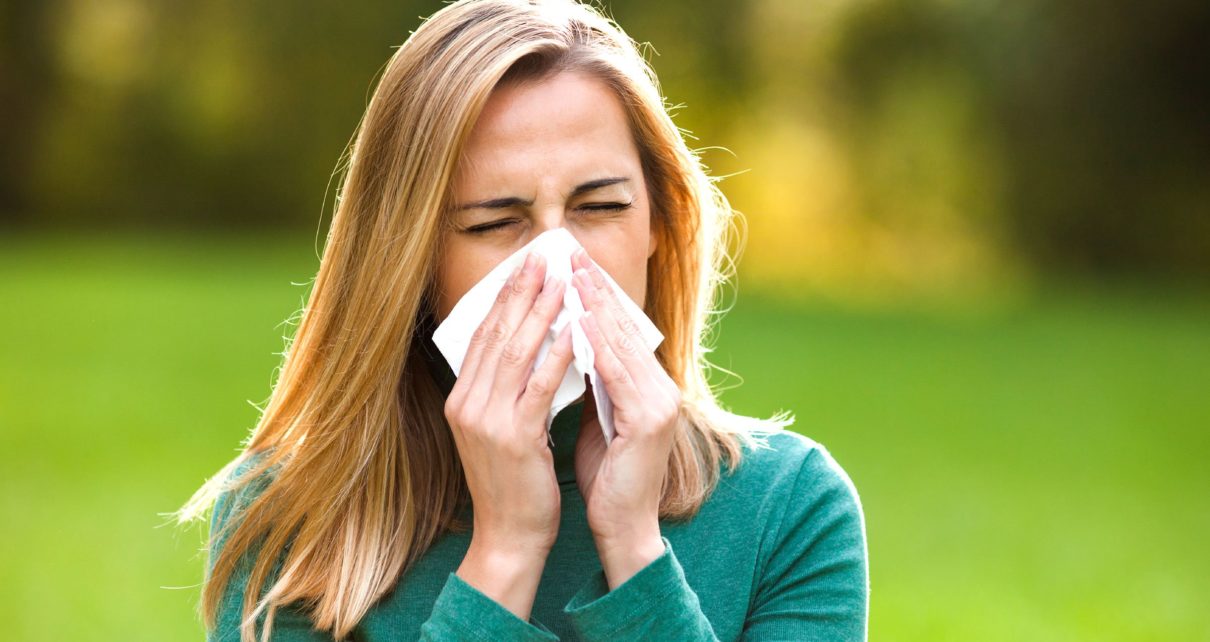The seasons are changing and for some people this means sniffling, sneezing, and coughing. Allergies are often times linked to the changing of the seasons. People can have allergic reactions to the changes in pollen, mold, and animal dander. All of these allergens change when the seasons change. Plants produce pollen once they start blooming as the weather warms. Mold is often a culprit when rain or damp situations are present, and animals start to shed their winter coats once the weather gets warmer. Seasonal allergic rhinitis is the name for seasonal allergies. This type of allergy doesn’t require non-surgical nose reshaping. Non-surgical nose reshaping is a procedure that a lot of people are using now. Some natural remedies can be used to treat allergy.
The symptoms of seasonal allergic rhinitis are often like the symptoms of the common cold. This is why many people confuse the symptoms. However, if you have allergies, you will not have a fever and your mucus secretions will be running and clear. Often times a cold will go away in seven to ten days. Symptoms of seasonal allergic rhinitis will get worse when exposed to the allergens. For example, if you were just out cutting the grass for the first time of the season, you will probably be sneezing or coughing more than if you were inside while the grass was being cut.

To treat the symptoms of seasonal allergic rhinitis, you can use over the counter medications. There are many on the shelves that are specifically for allergy and sinus problems. Most of the medications will include decongestants and antihistamines. A decongestant will help relieve sinus pressure and stuffy noses, and an antihistamine will help with a runny nose, sneezing, and hives or itching. Another way of relieving symptoms is the use of nasal sprays. A nasal spay can be used to help with congestion, loosen mucus, and prevent dryness in the nose and nasal cavities. As with any medications, it is possible to become dependant on nasal sprays, so be careful. If you feel like you have not received any relief from the over the counter medicines, you should contact your doctor. A doctor can prescribe a stronger dose of medication or immunotherapy. Immunotherapy is the use of allergy shots. It can take up to six months for allergy shots to begin working.
You can also reduce the time spent around allergens. After coming in from outside, change clothes and take a shower. You can buy allergen reducing laundry detergent to wash not only your clothes, but bedclothes as well. If your sinuses feel congested and are painful, try a warm washcloth placed over your eyes and nose. Use a vaporizer to help open nasal passages as well. Any time that you are feeling a bit under the weather, it is almost always a good idea to drink more water. In this case, drinking more water should help thin the mucus in your nasal cavities.

Seasonal allergic rhinitis affects many people across the United States (and the world!) Don’t feel like you are the only one feeling terrible when the season changes. Once you know what is triggering your allergies, you can treat and relieve the symptoms. Then, you can go back to participating in life.




